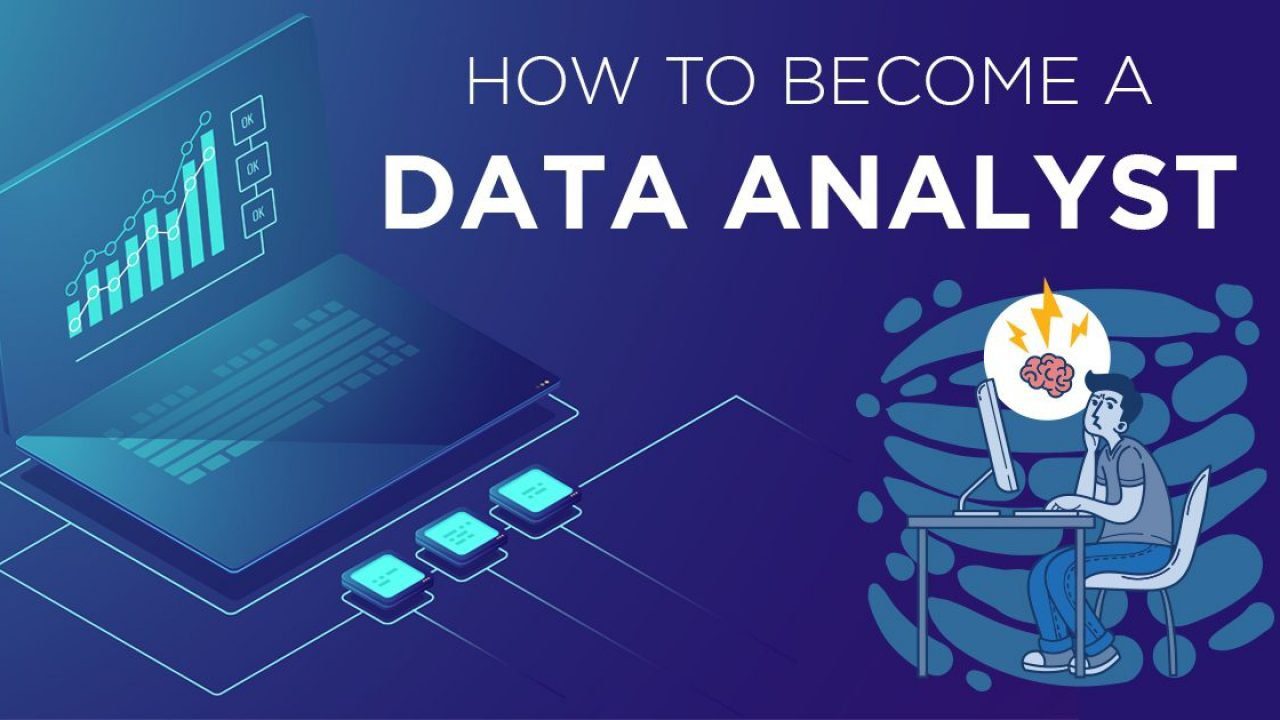The Power of Data
As iteration and innovation in information technology continue to speed up, people are increasingly immigrating their daily activities online. Activities such as working from home, chatting via social media, shopping on e-commerce websites, and ordering food delivered to the door have become popular. This kind of cyber life digitizes people’s interests and behaviors and stores them in data in cyberspace. Businesses rely on these data to explore valuable information and customers’ views to make wise business decisions. They also realize and emphasize the importance of extracting useful knowledge from those data to identify and solve business problems. Many of them attribute their success to better decision-making through the effective use of analytics.
The power of data has been exposed in today’s competitive global business environment. We all see that data play a vital role in improving business leaders’ decisions and enhancing business strategies. For example, marketing departments rely on data to determine customer buying patterns, understand their customers, and support customer service. Business executives rely on data to identify marketing changes and predict marketing trends; thus, they can support their marketing strategies. Data are invaluable to businesses, big and small, that are already harnessing the power of data from a variety of resources in cyberspace.
Capturing the Right Data
Businesses must be able to develop data-driven decision-making capability and organizational agility to support business operation and performance. With so much data in cyberspace, identifying and capturing the right data are both important for business leaders when building quality data models and making wise strategy decisions. Successful business leaders generally make decisions based on facts that they learn from the data. Therefore, businesses need to prepare the right data that can match the data analysis tasks and needs of the business. There is a wide range of data sources, including public/business data sets and databases, social media, data APIs, and web pages. These data can help businesses gather what they need and learn about their customers and develop business tactics.
Businesses must have the capability of extracting desired quality data from these sources with different techniques (e.g., data-mining tools) and converting them into a uniform format. They can then transform the extracted data, such as clean null/duplicate values, join data from multiple sources, extract relevant subsets from large datasets, and then load them into databases or data warehouses for data analysis tasks. This is referred to as ETL (extract, transform, and load), which is a vital step for data analysis and illustrates how to blend data from multiple sources and prepare appropriate data for a business data-analysis task. The more accurate the data are prepared, the more reliable the analysis results businesses will acquire.

Effective Use of Data Analytics
To maximize the benefits to businesses, it is not good enough just to have the right data. Effective use of data through data analysis is the next important part for businesses leaders to make the best decisions and chart the best strategies. As businesses accumulate a large amount of data, analytics heavily rely on the application of various technologies and techniques (i.e., tools) such as SQL, Python, and R. Those tools help organizations enhance their ability to extract useful insight and knowledge from the data and implement them in business processes and strategies.
This process of making decisions based on data analysis and interpretation is defined as data-driven decision-making (DDDM). DDDM aims to provide business leaders with reliable information and knowledge that allows them to have a better understanding of the risk and return of future business performance. The accuracy of a data-driven decision depends on the quality of collected data and the methods and tools used for data analysis. With knowledgeable data analytics professionals, businesses can create and maintain their competitiveness (e.g., productivity, agility, and innovation).

Importance of Data Analytics Skills and Knowledge
Data analysts collect and process data and perform data analyses and are forecast to be one of the most in-demand professionals by 2022. Now is the best time to gain solid knowledge and skills to become a data analyst. Paul and Virginia Engler College of Business (PVECOB) is currently offering highly ranked programs to meet the in-demand data skills in the job market.
In the programs offered at PVECOB, students may study full time or part time through an innovative online format that can fit their schedules and enable them to interact with expert instructors in live classes. Students can benefit from the analytics classes in several ways. First, they can develop data-analytic thinking skills. Second, they can become equipped with popular, useful analytics tools such as SQL, Tableau, RapidMiner, Python, and R. Third, they can take advantage of numerous opportunities to sharpen their analytics skills in practice labs, group projects, and external resources. Upon completion of the programs, students can demonstrate that they can use their data skills to solve real business problems and offer new insights into business strategies.
Advance in your current career or seek new opportunities
Students have shared positive feedback about the value of the courses and programs offered at PVECOB. Students who have never known analytics indicate that our courses serve as eye-openers, provide new analytics knowledge and skill sets for them to use in their jobs, and increase their competitiveness in the job market. Students with existing analytics knowledge have shared that our courses bridge what they have learned with what is used in the real world and make them ready for a career in analytics. Students who are already in an analytics-related position recognize that our courses help them grow into better data analysts or scientists, approach their work differently, and perform better in their jobs; they say our courses have helped open new opportunities for them.
Dr. Xiaolin Lin
Assistant Professor of Computer Information Systems
Tags: Data, Data Analytics, Data Analyst


